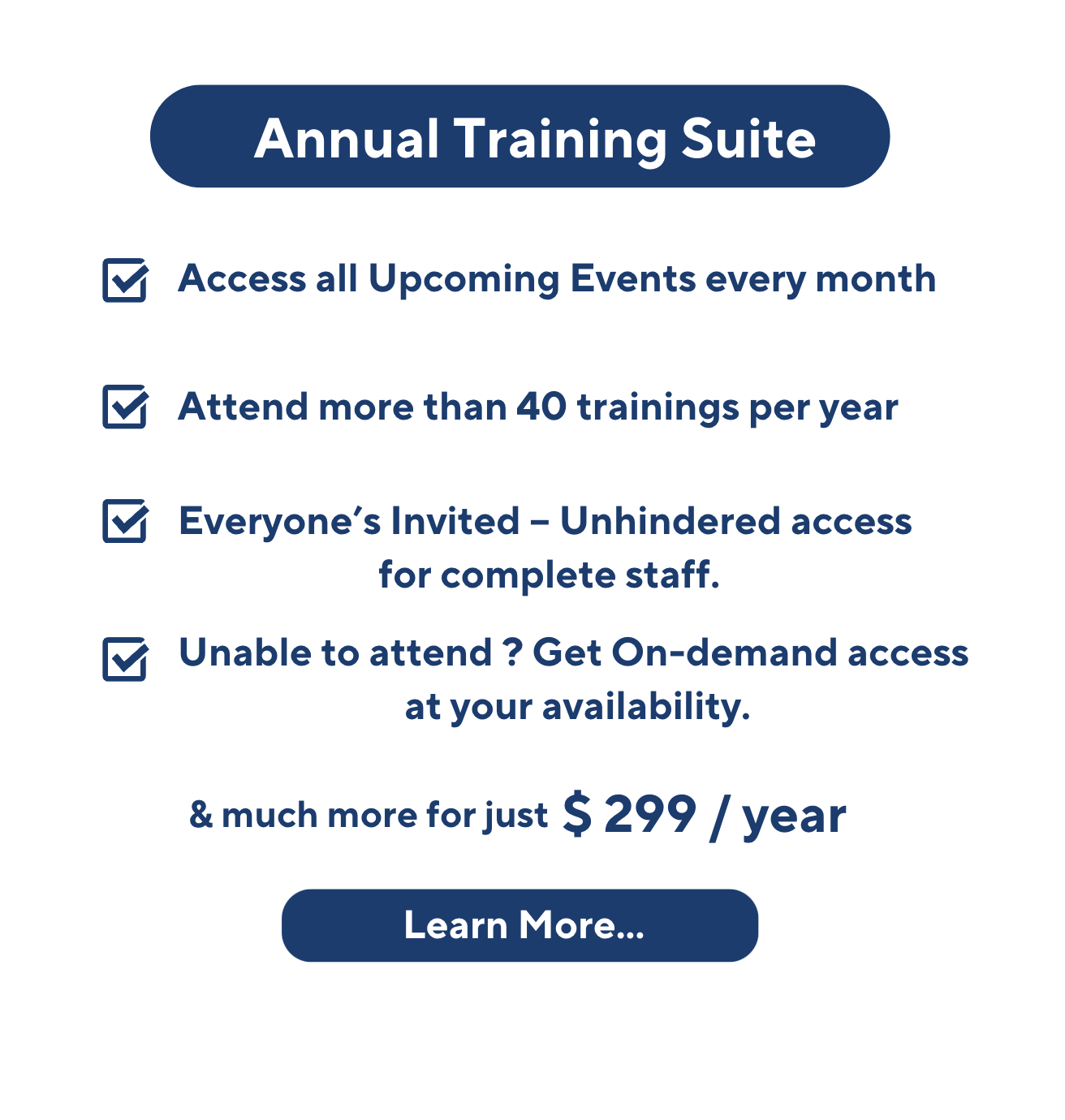2024 Employer and HR Requirements For EHS Documentation By OSHA & EEOC

Webinar Background & Agenda:
EHS requirements are the most complex to document and track, and OSHA has a 270-page handbook that lists scores of standards that have mandatory documentation. If training, inspections or reporting are not documented, then in the view of the regulators, they never occurred. If EHS audits are not documented, there is nothing tangible to measure future performance against, or to ensure timely and appropriate correction of observed hazards. Some OSHA state plan states have supplemental program requirements beyond those of the federal agency, and conformity with those must also be documented. Failing to document root cause accident investigations, or the critical “near miss” experiences, can result in the loss of a learning opportunity to eliminate shortcuts and other behaviors that need correction in order to avoid injuries, illnesses and property damage in the future. If disciplinary actions are not properly documented, it will be hard to ascertain when an employee gets to “step two” of a progressive discipline system and can open the employer up to allegations of disparate treatment. However, sometimes employers’ best efforts to document critical safety and health activities can backfire, and the very documents created as a shield against OSHA citations can instead be used as a sword by the agency in its prosecution.
Training Agenda :
- Legally developing a document retention and destruction program, to avoid non-compliance and spoilation of evidence claims and even criminal charges
- Learn how to identify regulatory documentation and retention requirements, and the distinctions between mandatory and non-mandatory documents in OSHA subpoena responses
- Determine when OSHA, MSHA and EPA can obtain EHS audit records, what “safe harbors” apply, and how audits can be used against the employer and its agents of management (including EHS professionals)
- Consider which training must be documented fully and how to use JHA and tool box talks to supplement training records
- Review problems with recordkeeping and documenting discipline, and investigations, and how the Dept of Labor and EEOC can use that against an employer
- Address management of non-mandatory documents prepared for internal or legal use, such as discipline, complaints, near miss and accident reports, noise and chemical sampling results, job safety analysis forms, safety and health policies and more.
- Effectively utilize legal privileges, such as attorney/client communications and the attorney work product doctrine to create critical documents that can aid in short and long term EHS planning, without creating a legally discoverable trail of draft decisions and electronic communications!
Ask your questions & get expert advice directly from the speaker during the informative Q/A session at the end of the webinar session.
About The Trainer : Adele L. Abrams, Esq., ASP, CMSP, is an attorney, safety professional and trainer who is president of the Law Office of Adele L. Abrams P.C., a national firm focusing on safety, health and employment law. Adele is an ASP and certified mine safety professional and she also provides consultation, safety audits and training services. Adele is co-author of several books related to mining, construction, employment law, and occupational safety and health. She is a member of multiple state bars and federal courts, including the United States Supreme Court. She is a graduate of the George Washington University’s National Law Center. Her professional memberships include the American Society of Safety Professionals, and National Safety Council, and in 2017, she received the NSC’s Distinguished Service to Safety Award. She is a multiple recipient of the ASSP’s Safety Professional of the Year Award. She was named an Avetta Fellow in 2022.
